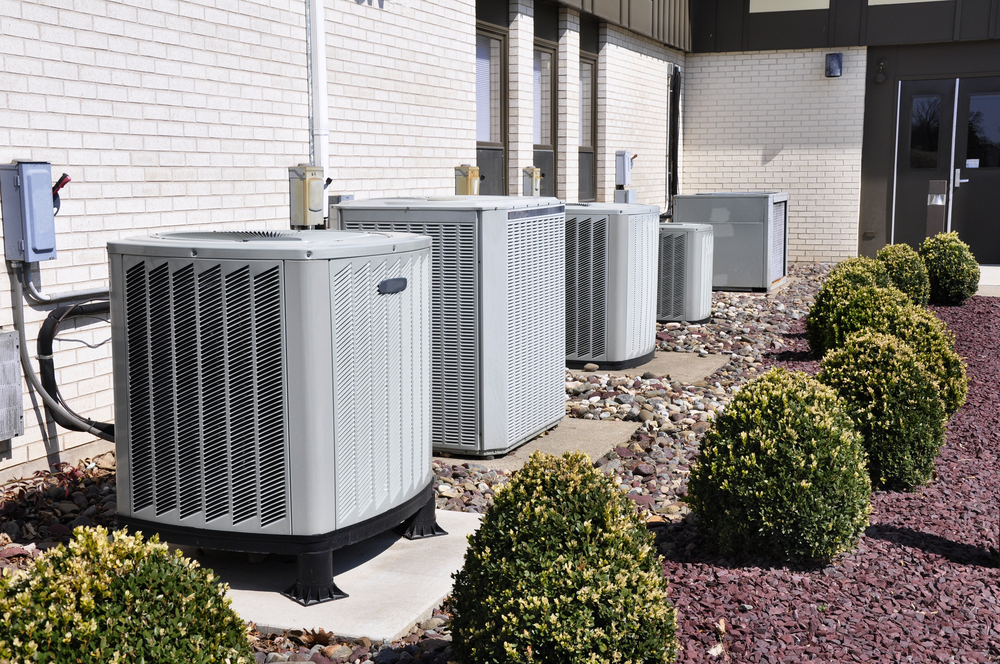With temperatures hotting up, we are all starting to look for ways to keep cool. One of the most effective ways of keeping cool is by turning on the air conditioning. Air conditioning has numerous benefits aside from simply keeping us cool.
Patient Recovery in Hospitals
Research has found that patients with acute conditions and/or chronic diseases are very susceptible to their conditions being aggravated by heat. Installing air conditioning is an important health adaptation which can improve mortality rates in hospitals with high temperatures. Researchers found that installing heating, ventilation, air conditioning (HVAC) systems helped patients with recovery, improved their vital signs, reduced their chances of cardiac stress, and helped with increasing their levels of physical activity. In addition, inpatients had much shorter hospital stays thanks to HVAC systems.
Reducing the Spread of Viruses
The risk of epidemics and pandemics has become an important concern for public health officials. Covid-19 was ultimately found to spread through aerosols transmitted when an infected person coughed, talked, or sneezed within 1 to 2m of an uninfected one. Medical procedures that produce aerosols have also been found to be sources of transmission.
It’s not just respiratory viruses that are airborne: microorganisms like bvegetative bacteria, fungi, mycobacteria, enteric viruses as well as bacterial spore formers, are also airborne.
The virality of these pathogens depends on air temperature, the humidity of the area as well as turbulence. Air conditioning with good filtration systems aids in the prevention of the transmission of airborne viruses by keeping the air circulating. It’s important to ensure air conditioning repair work is always done on time, because filtration systems have to be maintained. In the absence of working filtration systems, air conditioning will have the opposite effect and help spread the virus.
Assists with Cognitive Performance
High temperatures impact cognitive performance. This is an important finding because many buildings which are designed to capture heat when it’s cold, exacerbate high temperatures during heat waves. The result is cognitive performance declines sharply during periods of high temperature. These findings go hand in hand with findings that show that productivity, mobility and learning ability decline and mortality rises during heat waves. Air conditioning can counteract the impact of buildings that are not designed to be cool during heat waves.
Maintain Body Temperature
The classic reason for getting air conditioning is just to keep body temperatures cool. In hot places where peak summer temperatures can be very high and heat stroke is a big risk, this is very important. Although people can acclimatize to high temperatures, with 2 hours of exposure for one to two weeks, there are limits to how much we can acclimatize to high temperature. Ultimately, our bodies need help dealing with high temperatures and air conditioning provides that help.
Help With Sleep
In peak summer, it can be hard to sleep. Temperatures are so high that we often toss and turn without being able to drift off. Air conditioning helps get us sleeping by triggering homeostasis, which cools the body.

